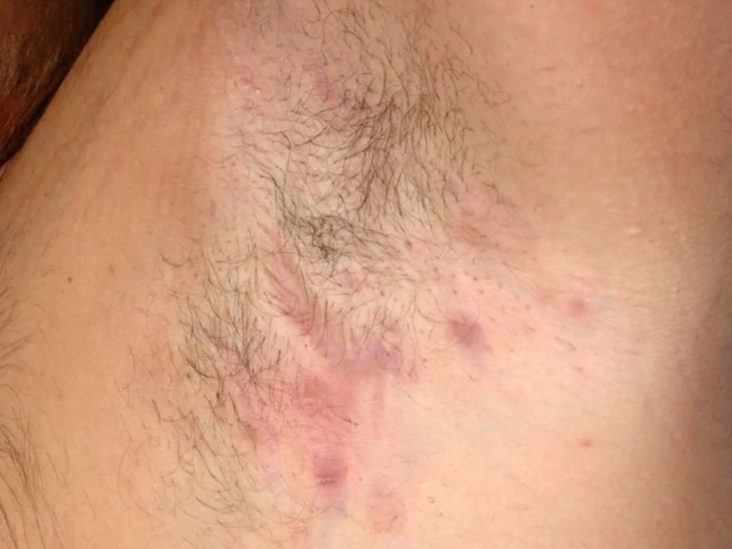Pigmentation is the coloring of the skin. Melanin is a type of pigment in the skin. The skin cells create melanin to protect from damage that UV light causes. People have different levels of melanin in their skin, which accounts for their skin’s overall color. However, the skin may create too much melanin in a specific area, causing the skin to darken. This is hyperpigmentation. Hyperpigmentation tends only to affect patches of skin, though in some cases it may affect the whole body. Home remedies may not work in every case, and there are also times when an individual should see a doctor for a full diagnosis and medical treatment. In many cases, hyperpigmentation may respond well to simple home remedies. Home remedies aim to either replenish and protect the cells or replace hyperpigmented cells with fresh, new cells. Most home remedies involve acids and antioxidants in certain household products, which may protect and balance the skin. One study notes that dermatologists use many acids as chemical peels to help with skin issues, such as acne and pigmentation. Most of the time, hyperpigmentation is a cosmetic issue that does not pose any real threat to health, other than perhaps feeling unsightly to the individual.Several home remedies or therapies may help reduce the signs of hyperpigmentation in the skin. However, there is not a lot of research in humans, studying the effects of many of these products. If home remedies for pigmentation do not work, people can consult a doctor to discuss medical options. Anyone with concerns about their skin issues or who suspects there is an underlying problem should also make an appointment to be sure. A full diagnosis and necessary medical treatment may help set the mind at ease and avoid complications.(Credits: www.medicalnewstoday.com)


